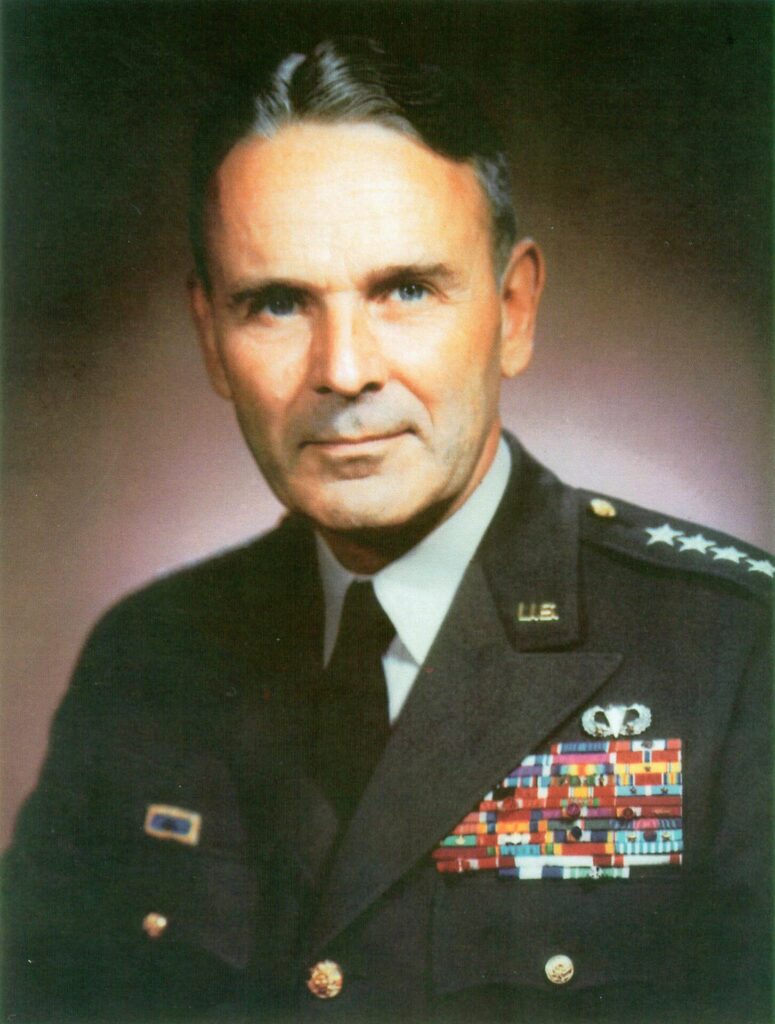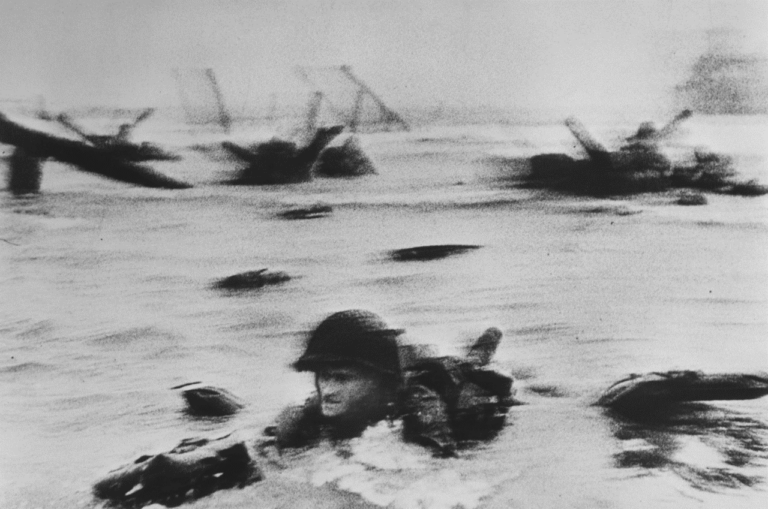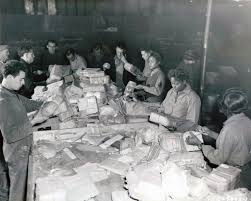
Maxwell Davenport Taylor (1901-1987)
Taylor had a distinguished career in the military, marked by his leadership, strategic insights, and various key positions in significant conflicts.
- Early Career: Taylor graduated from the United States Military Academy at West Point in 1922 and initially served in infantry and engineering roles. He gained experience and rose through the ranks, showing exceptional leadership abilities.
- World War II: Taylor’s role during World War II was pivotal. He commanded the 101st Airborne Division and played a crucial role in Operation Overlord, the Allied invasion of Normandy on D-Day. His leadership during this operation was highly praised.
- Later Career: After World War II, Taylor continued to hold important positions within the military. He served in various roles, including Deputy Chief of Staff for Operations and Plans in the Pentagon.
- Korean War: During the Korean War, Taylor was appointed as the commanding general of the Eighth United States Army, where his leadership skills were again put to the test. He was known for his tactical expertise and strategic thinking.
- Later Years: Taylor’s career continued to evolve even after his active duty. He served as the U.S. Ambassador to South Vietnam from 1961 to 1964 during a critical phase in the Vietnam War.
- Legacy: Taylor was highly respected among his peers for his military acumen, leadership, and dedication to service. His contributions to various theaters of war and his impact on military strategy have left a lasting legacy in the U.S. Army.
Beyond his military career, Taylor was also recognized for his intellect and writings on military matters, contributing significantly to the understanding of strategy and leadership in warfare.
Overall, General Maxwell Davenport Taylor is remembered as a distinguished military leader whose contributions spanned several crucial periods in American military history. His legacy continues to influence military strategy and leadership principles to this day.
News
-

Endre Friedman aka Robert Capa
02/03/2025
the life or Robert CAPA, considered by some to be the greatest combat photographer.
Read more -

Mont Saint michel in a few words… by Pierre-Alexandre
01/01/2025
An article, a few words about “a sight to behold in Normandy!”
Read more
The experience of the abbey of Mont Saint-Michel described by Pierre-Alexandre -

6888th Central Post Directory Battalion
12/24/2024
The Six Triple Eight is the first battalion composed of African American women to serve in the US military.
Read more

